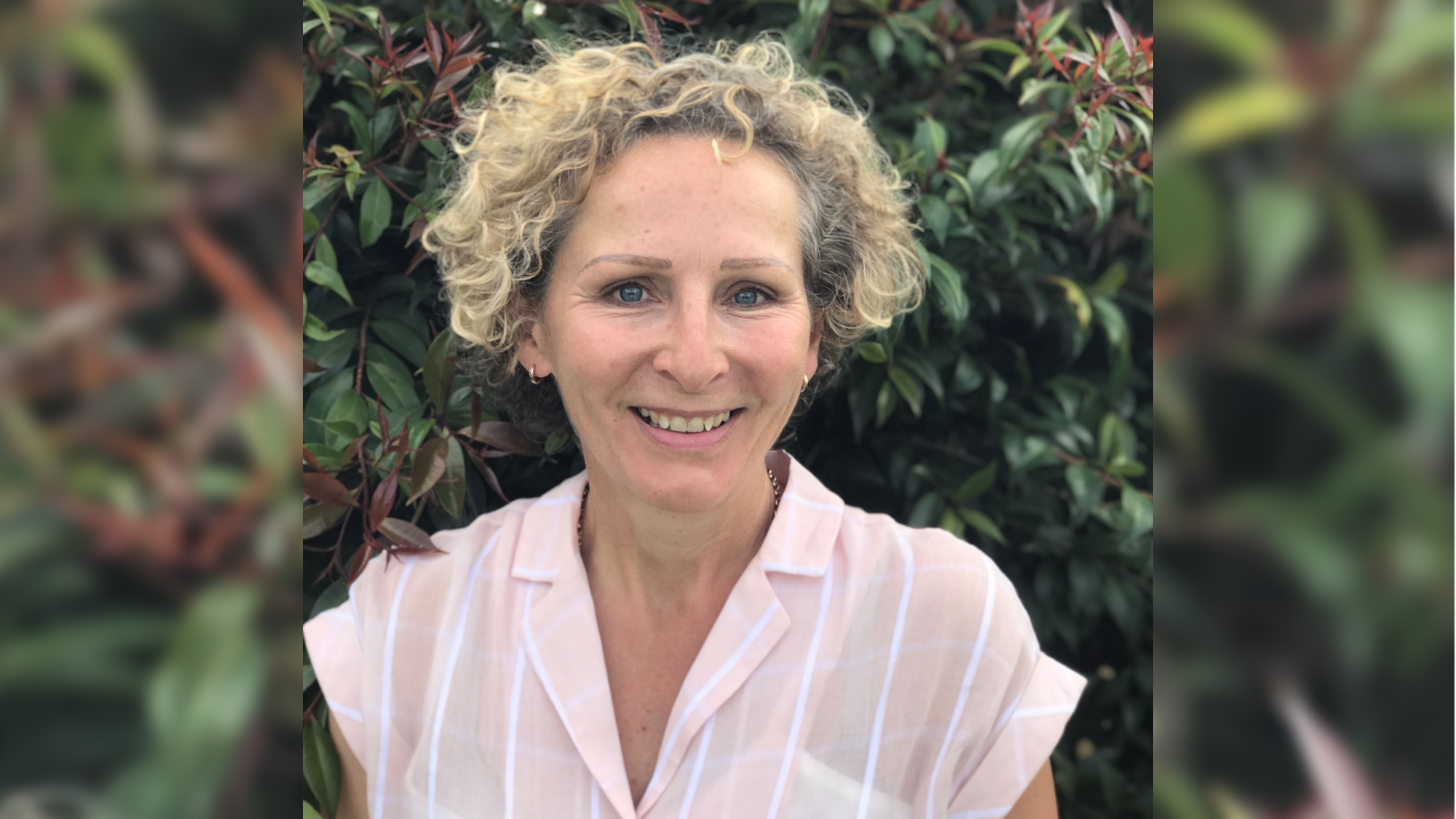"The course gave me the qualification to get the job I wanted to do, as I became a school nurse. It provided me with a thorough understanding of where disadvantage becomes circular, and how mental health, unemployment, drug use, and demographic isolation all fit together."
 What led you to study Adolescent Health and Wellbeing?
What led you to study Adolescent Health and Wellbeing?
I was working as a nurse in Tasmania when I heard about new opportunities in schools, and I was excited by the idea of working in a high school. I spoke to the coordinator, who recommended I take this course before jumping into the high school scene. I have a preference for face-to-face learning, but the course was set up so well that the online experience felt seamless, and I could complete the course part time, while still working.
The course cemented a lot of ideas around lack of privilege and how this influences adolescent children’s health and wellbeing outcomes. I had experience with adolescents, working in the community for about 15 years, but this course gave me more words around what disadvantage looks like and how it affects people.
What is the most significant change that happened for you as a result of doing this course?
The course gave me the qualification to get the job I wanted to do, as I became a school nurse. It provided me with a thorough understanding of where disadvantage becomes circular, and how mental health, unemployment, drug use, and demographic isolation all fit together. This enabled a greater degree of empathy for students from those backgrounds who I work with every day.
Why is this significant to you?
The course taught me how to do practical aspects of my job, such as funding applications. This has enabled me to write proposals for activities as a part of my current job – I am able to use this directly, transferring what I had done in an assignment to real work practice. Following a recent proposal, I was able to secure $5,500 for drums, to introduce a drumming program in my school.
I have an understanding of how broad health and wellbeing is, and this gives me the professional structure to put those ideas into practice. It really gave me a mixture of personal and professional expertise. I have recommended it to other nurses, who wanted to become school nurses. Especially those who have come from an acute care setting and want to work in schools, it is a steep learning curve without this background.
What difference is this making?
I am now involved in health promotion to students and a community; it can be down to basics like sleep and nutrition and mental health, relationship violence and what your personal relationships looks like. I’m involved in lots of policy work, canteen policies, sun smart policy, mental health support, sexual health, and drug and alcohol support and education.
School nurses are currently in fifty to sixty percent of schools in Tasmania, and the staff are now permanent Department of Education employees. We work with school social workers and psychologists, bringing together a network of adolescent health and wellbeing professionals to support the development of students.
Now, it is hard to say what I learnt in the course compared to what I have picked up along the route of my career, but I wouldn’t be on this path without having done the Graduate Certificate.
Find out more about the Graduate Certificate
in Adolescent Health and Wellbeing